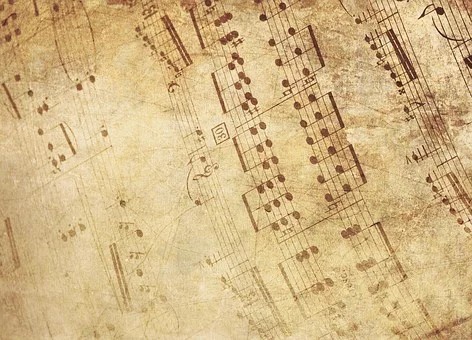
by John Leech
Council Member, The Federal Trust
24th March 2020
This article is a response to the talk held by Miha Pogačnik, Ambassador of Culture of the Republic of Slovenia at an event in London on 3rd March 2020. Watch the talk here:
AN EVENING WITH MIHA POGACNIK served to move the federalist cause to an entirely new and vibrant level. In place of the acquis communautaire, in one leap it shifted the focus from the minutiae of texts and treaties to a broad and creative vision. Suddenly, attention moved from the now aridly mined field of political debate to another offering unexpectedly richer yields. By liberating the mind, it may serve to loosen intellectual bonds which constrain a clearer vision. “Where words leave off, music begins,” for Heinrich Heine, echoed in similar vein by George Bernard Shaw.
Nothing can better describe the woes of the great federalist experiment than to begin a musical comparison with the composer. Of necessity, the composer’s mindset is dirigiste and prescriptive, the very qualities which have called into question the architecture of the European Union. Like it or not, his is the elemental force of creation. In its Wagnerian apotheosis, or the psychological indeterminism of Schumann’s Florian and Eusebius, composition is a discrete act and its fruit indisputable.
The process of political creativity differs in fundamental respects. It begins with a given set of factors demanding a practical resolution. There may well be a Eureka-moment of sudden illumination as several obstructive pieces take their ordained place, fleetingly akin to the composer’s. That, however, marks only the first step in a drawn-out process which will end many years later in the creation of a new political system.
Where these two acts of creation meet is in their performance. In both cases, this will be not only the test of popular approval but will reveal the soundness of the concept. The politician should regularly face the ballot box, the composer the ranks of musicians required to give orchestral substance to his creation. And this is where the reality of his creation will be tested. In politics the vote, but in music it is the executant body of musicians who are the determinant of survival.
Herein lies the next fundamental difference. In performance, it is the management of individual diversity that becomes key. This is more than a tacit acknowledgement that asymmetry needs to be admitted; it is a loud proclamation to establish it as a vital constituent of the creative process. Asymmetry is not only innate, but composers themselves see it as a tool: Mozart’s piano concertos, in addition to cadenzas for the soloist to contribute his own imagination, have passages with full round notes inviting him to insert his own divertimenti.
Political constructs, on the other hand, strive for acceptance without variations or embellishment. The multiplicity of views and the requiting of territorial interests are matters for preliminary negotiation, to be stilled by the time of formal signature of the foundation documents. After that, no renegotiation can be admitted for a credible period. After more than 60 years of expanding and largely successful existence, even the EU continues to be undermined by demands for self-determination, parochial or total. Amazingly, its ‘composers’ have held firm in their original vision, even to the present day. As they currently digest the EU’s first major convulsion, the founding texts, from the Schuman Plan onwards, remain hallowed scripture.
In musical terms, this would be a moment of orchestral pandemonium, were it not for the fact that any rebellion against the leadership is ruled out by the score, which admits it – sometimes encourages it – but limits its confines. The concept of conflict is, after all, a well-established principle of music: point and counterpoint, the dissonances of the modern idiom, and the ebb and flow of tensions. All life is mirrored in a Bach fugue, as Pogacnik dramatically exposed to us. And like life itself, the creator allows great tolerance not only to the imagination of the listener, but also to the hand of the performer.
“The best of music is not to be found in the notes,” confided Gustav Mahler. Within any piece of music, the score does no more than prepare the ground for what is to be revealed in the concert hall, the arena in which the act of creation needs to be consummated each time it is performed. Schumann’s Florian must assert himself anew against a more raucous Eusebius on the floor of each venue where they venture out. The composer has done no more than call them into being, register their birth and lay down their expected life path.
Yet again, the musicians enacting the heroes’ drama – the composer, the conductor and the performers – become the true jury ruling their fate. The mirror of real life is then complete and burnished: human existence depends on vastly more than the productive process, parentage and midwives. Be it political ideas or musical masterpieces, acts of creation require constant renewal, to keep alive the spirit within them.
Bach and Miha Pogacnik gave us a timely and heart-piercing reminder of what constitutes life, in all its manifold forms.





